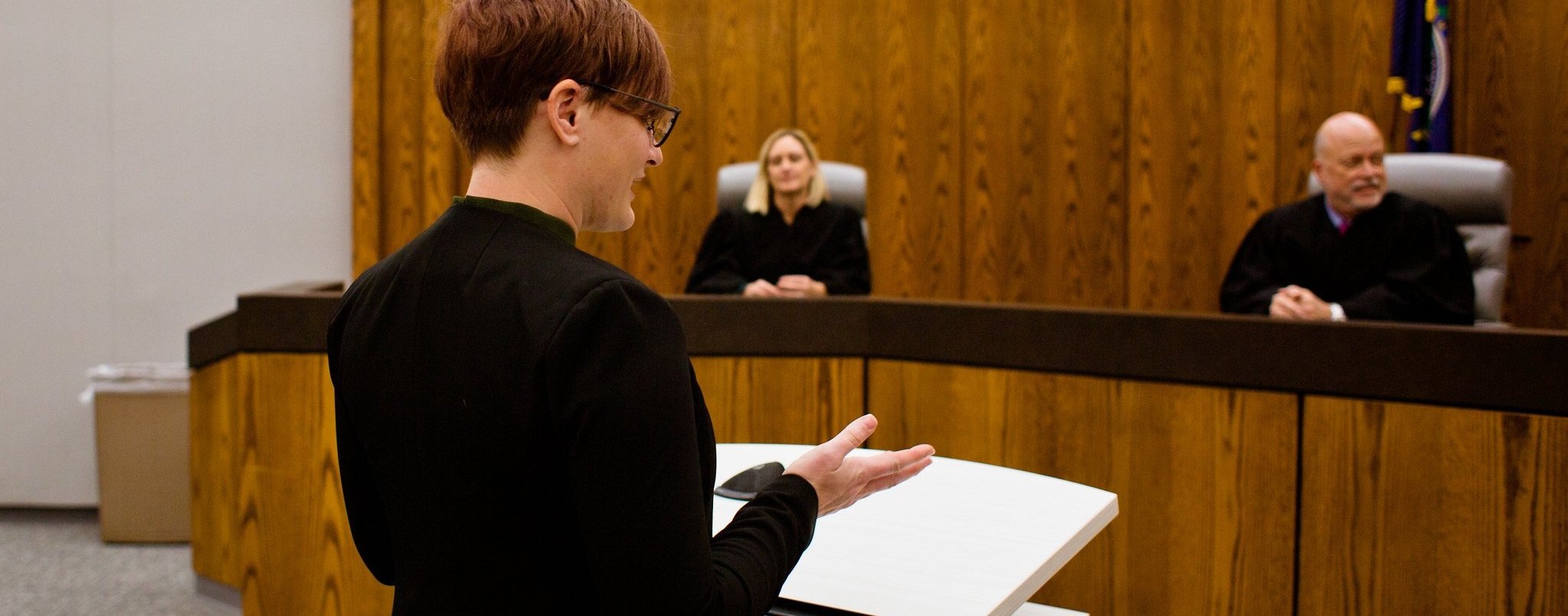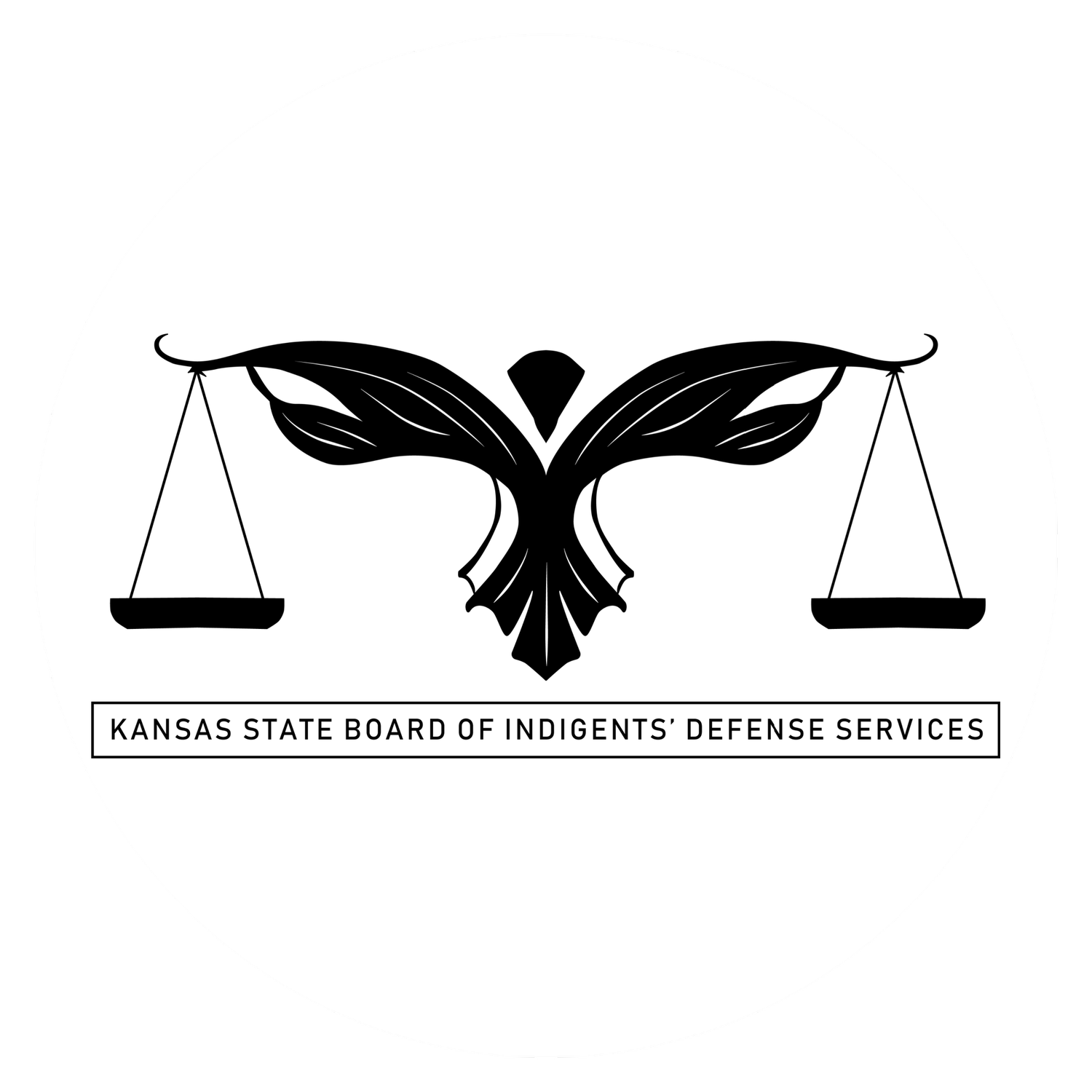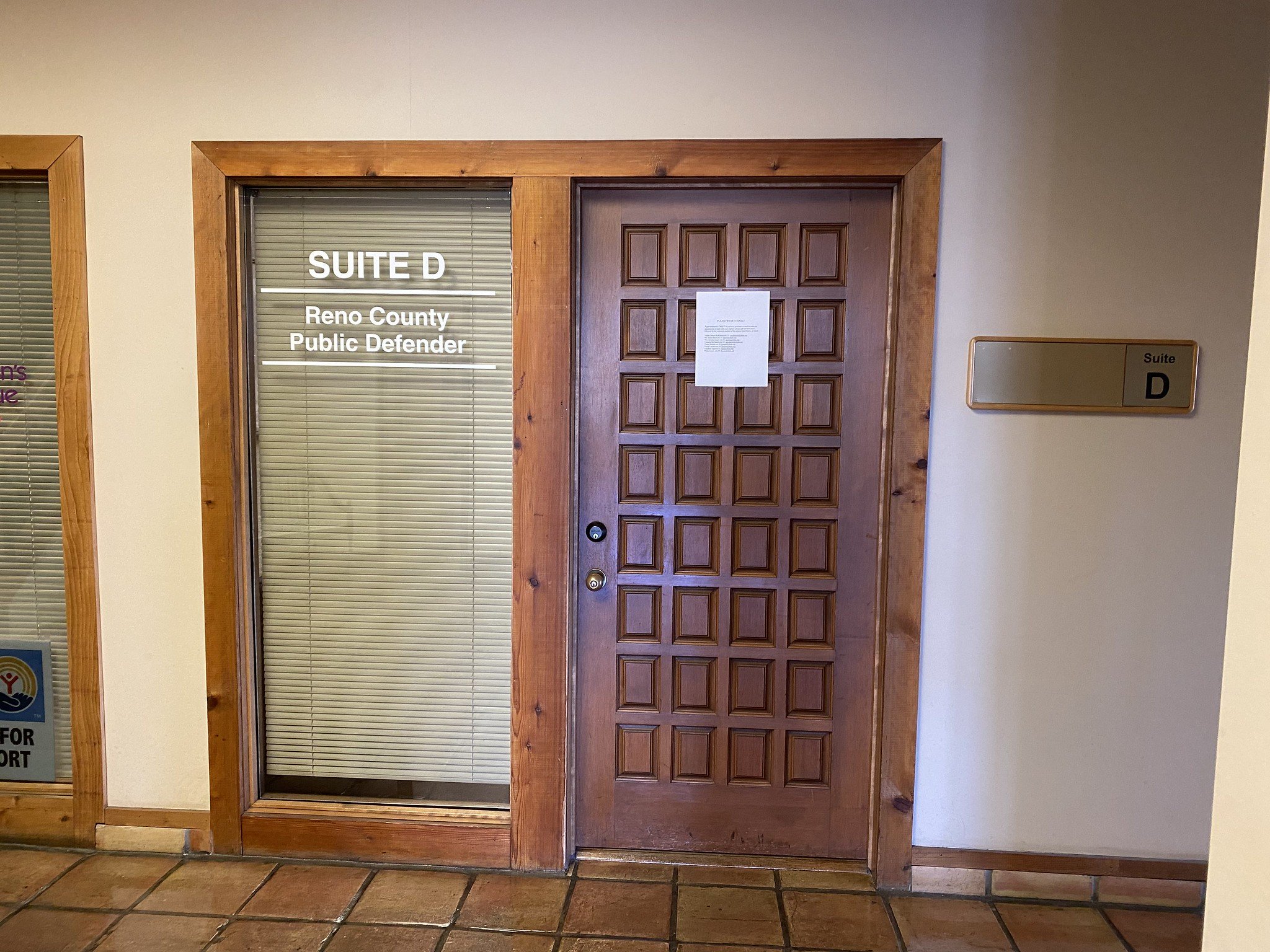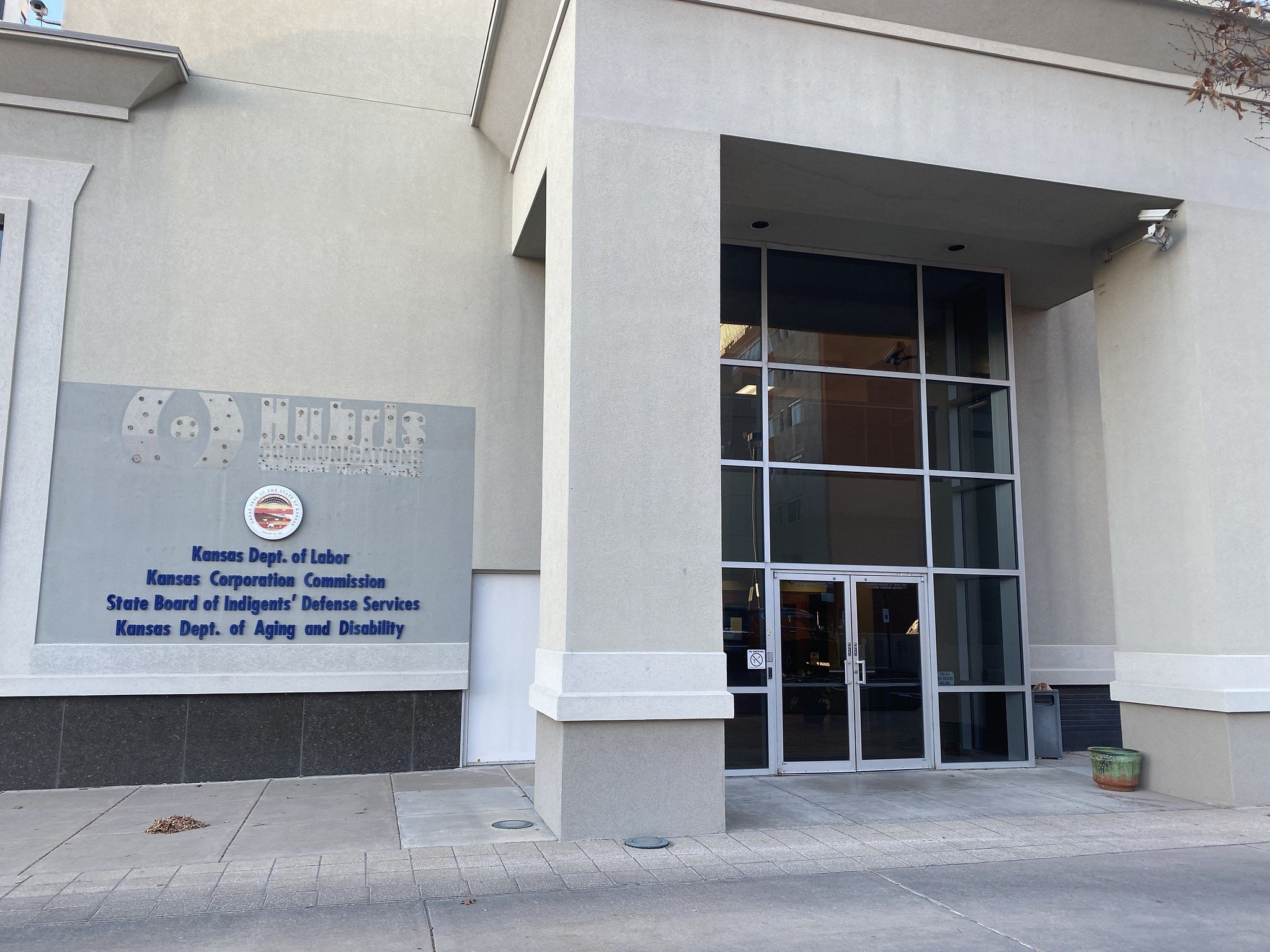
The History of Public Defense in Kansas
Kansas has a long history of promising the right to counsel, but there is still much work to be done to make those promises a reality for people who are accused of committing crimes.
In addition to the Sixth Amendment of the United States Constitution, Section 10 of the Kansas Bill of Rights also guarantees criminal defendants the assistance of counsel. And dating back to the era of Kansas statehood, our statutes have further spelled out that right for indigent people, with Chapter 82, Section 160 of the General Statutes of 1868 providing that, “If any person, about to be arraigned upon an indictment or information for a felony, be without counsel to conduct his defense, and be unable to employ any, it shall be the duty of the court to assign him counsel....” But while the right was recognized early on, it was not until after the landmark Gideon v. Wainwright decision, in 1963, that anything resembling our modern public defender system existed.
The most current iteration of public defense in Kansas – the Board of Indigents’ Defense or “BIDS” – was created by statute in 1982. BIDS oversees both Kansas public defender offices and assigned counsel in areas of the state without public defender coverage.
But funding for public defense has continued to be an issue.
On the assigned counsel side, in Stephan v. Smith, a 1987 case, the Kansas Supreme Court overturned the mandatory appointment process for assigned counsel and ruled the state "has an obligation to pay appointed counsel such sums as will fairly compensate the attorney...at a fair rate which is not confiscatory, considering overhead and expenses." In essence, the Court ordered an end to the long-standing reliance on the goodwill of the bar for indigent defense and instructed the state to pay reasonable compensation to attorneys assigned to represent indigent people charged with crimes. BIDS has continued to advocate for assigned counsel to be fairly paid for their work.
Following the Smith decision, public defenders became more cost-effective than assigned counsel. Public defender offices also have other advantages, such as the ability to accrue institutional knowledge and advocate collectively. Consequently, BIDS has steadily opened more public defender offices throughout the state in order to provide a zealous defense for all Kansans charged with felonies.
But public defender offices have also had funding difficulties. In 2019, it was reported that one in four public defenders had resigned in the prior year primarily due to issues of high caseload and low pay. In response, BIDS Executive Director, Heather Cessna, created a three-phase plan to fix public defense in Kansas, and — as a result of that advocacy — in 2021, BIDS was allocated an additional 7.7 million dollars, a twenty-two percent increase and the highest year-to-year increase in BIDS history to that point. In 2022, that record was topped by an 8.6 million dollar increase in spending on public defense, which helped bring BIDS employee salaries closer to those of similarly situated prosecutors, helped raise the assigned counsel hourly rate, and will be used to address long-neglected infrastructure needs.
Even with these increases, though, there is still much work to be done. Each year BIDS leadership will continue to advocate for adequate salaries, staffing, and training so that our public defenders and staff can fulfill our mission to give our clients the zealous defense they deserve.
Scroll below to learn more about the history of each of our individual public defender offices.


















